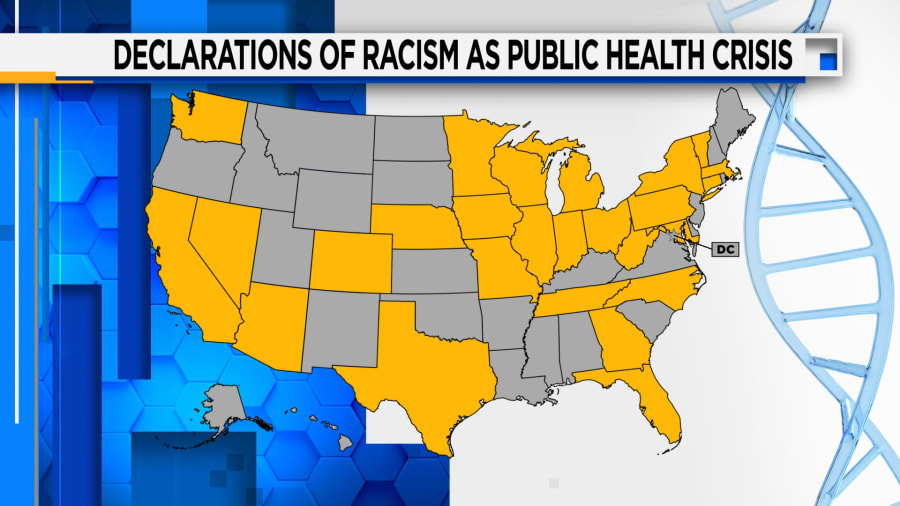SAN ANTONIO – Editor’s note: This content was created exclusively for KSAT Explains, a weekly streaming show that dives deep into the biggest issues facing San Antonio and South Texas. Watch past episodes here and download the free KSAT-TV app to stay up on the latest.
The color of your skin affects your health. It’s a statement that a number of health officials agree with. And it’s why cities and counties in at least 26 states have declared racism a public health crisis.
San Antonio is one of three cities or counties that made the declaration this summer.

But those who support the resolution want to make sure it’s more than just words on paper. They’re calling for actions, like improving access to health care.
“I don’t mean just having a clinic in a poor community,” local epidemiologist Dr. Cherise Rohr-Allegrini said. “I mean changing how we practice health care and making sure it’s accessible to all people, particularly people of color.”
Allegrini said Black people in particular suffer from more stress because of their experiences with racism. That stress can lead to major health problems such as hypertension, high blood pressure and heart disease.
And the data backs up that claim. According to the Centers for Disease Control and Prevention, African Americans ages 18-49 are two times as likely to die from heart disease as white people. And African Americans ages 35-64 are 50 percent more likely to have high blood pressure than whites.
The City of San Antonio’s Metropolitan Health District says health equity is a priority and declaring racism a public health crisis is only the first step.
“It might be words on paper right now, but it definitely has a passion behind it,” Interim Director for Metro Health Dr. Sandra Guerra said.


